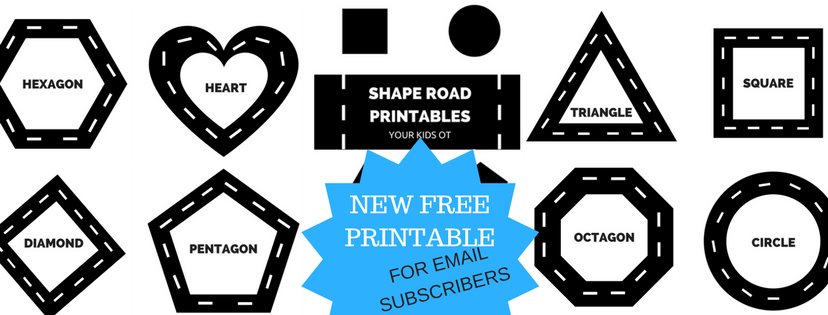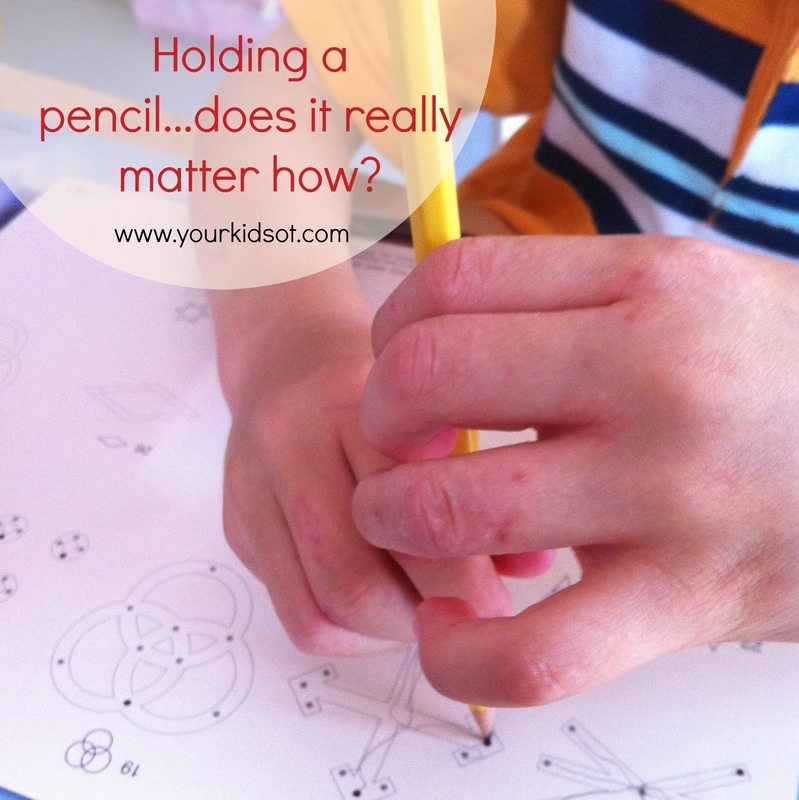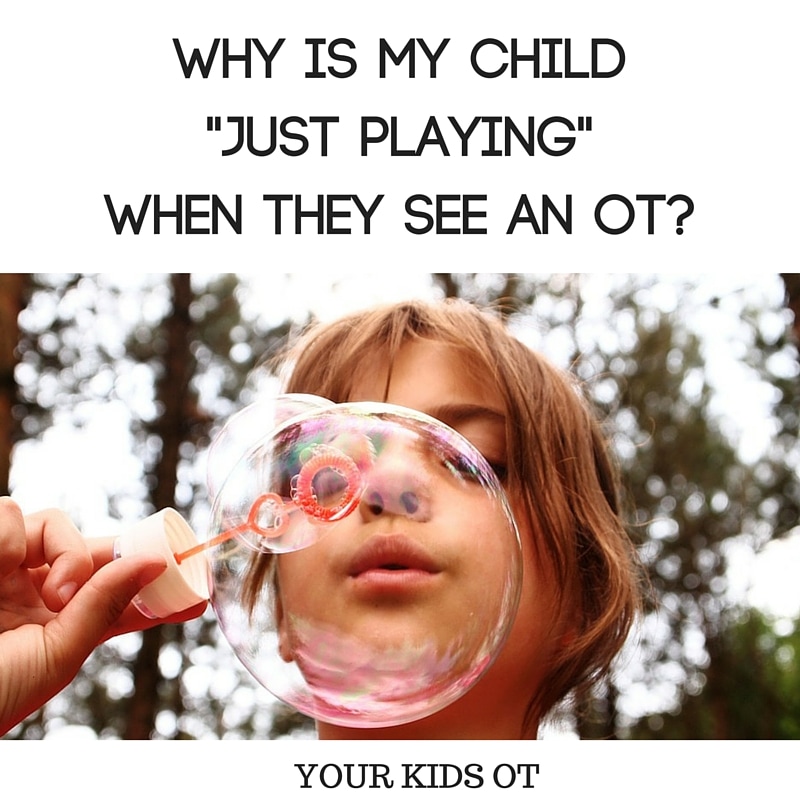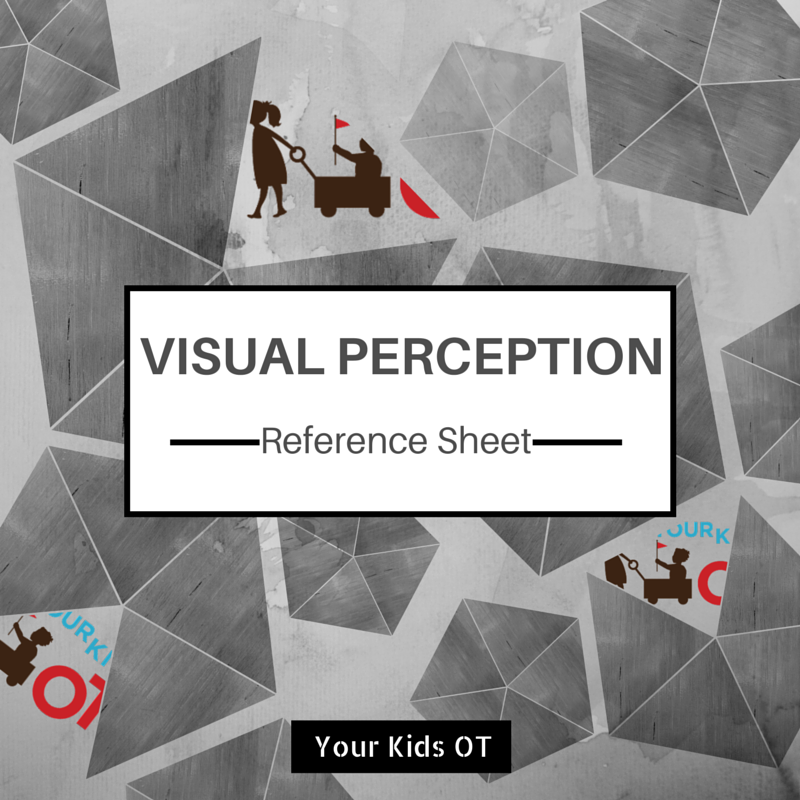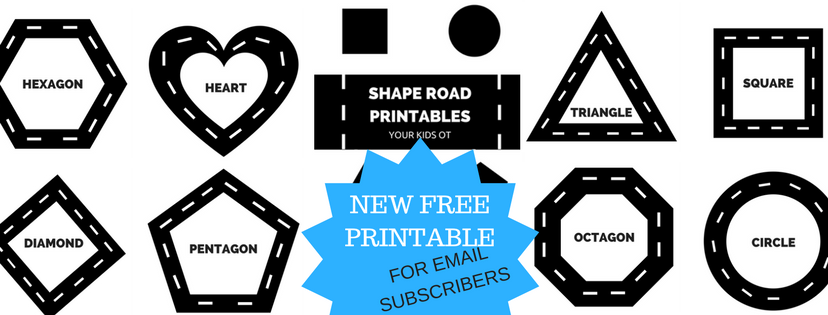|
Today I would like to introduce the lovely Fi Morrison from "Mumma Morrison" as a guest blogger to Your Kids OT. Fi is a mother to a gorgeous baby boy (check out her Instagram feed to meet her bub) and a primary school teacher. I recently discovered that Fi taught one of my nieces a few years ago! My niece LOVED being in Mrs Morrison's class! Today Fi is helping us with 5 ways to promote social skills with children! This is a timely article with the recommencement of school here in Australia! Thanks so much Fi for writing this article!
I was sitting in my classroom next to Bryan* and Charlie*, helping them with their maths task, when Bryan snatched Charlie's pencil. Charlie started pointing the finger, crying and yelling, saying Bryan had stolen his pencil (which I obviously knew, because I was sitting RIGHT THERE).
Unfortunately, this is a common occurrence in my life as a teacher, and I'm sure it sounds all too familiar to parents and teachers everywhere. What do we do with those children who fight and bicker, who haven't learnt to share or turn take, and overall drive us bonkers with their antisocial antics? (My pet peeve is dobbing. I had students who would say, “SHE LOOKED AT ME” and it would drive me up the wall!). I think many parents, and teachers, assume that social skills are inherent within children, but it is just not that simple. Social skills, like the majority of other skills, need to be taught to children and reinforced. While practice might not make perfect, it surely does make progress. If you have been struggling with social issues with your child at home, or in a social or educational setting, these activities can help to improve their social skills and teach them the right way to deal with particular issues. Social stories Social stories are particularly used by educators for students with ASD (Autism Spectrum Disorder). It is a visual story that describes certain situations or scenarios a child might encounter, and the best way to respond. It is one of the easiest and most effective ways to teach children social skills at home, because it is through the medium of story telling (a family favourite!) that the skills are reinforced. For example, I had a year 2 student, Stacey*, in my class last year who had ASD and Anxiety. To support her transition to year 2, we created a social story by taking photos of our classroom, her peers, meeting spots and play areas around the school for her to be acquainted with, then bound the book into her social story. You could do something similar for a social situation your child struggles with. Take a photo of the situation in the wrong way (for example, pushing someone) and of the right way (standing next to each other, talking). Write captions for the story about the wrong way and the right way (I will not push someone if I don’t like what they say. I will stand next to them, talk to them and say ‘I don’t like what you said’). For older children, you can turn this into a learning activity and create the story together (which goes hand in hand with role plays, see below).
Role Play
Role playing a situation can be a powerful way for your child to understand how someone might react to a situation. For example, if the situation was ‘Someone has said something mean to you’, work through the situation with your child the wrong way (what shouldn’t we do) and the right way (how can we react to that situation). By getting your child to physically act out and verbally respond to each scenario, and playing off the responses you give, your child can see the impact of their words and their actions on other people. With role playing, however, you will need to be mindful of how you act out certain scenarios. Children might find some scenarios hurtful (such as saying something mean), and you don’t want it to escalate out of control. This might give you a lot more teaching than you were expecting! As a teacher, we need to be mindful about the scenarios we ask children to roleplay (for example, peer pressure to do certain things), however it is a helpful medium for children to develop their social skills and understand how their actions and responses affect others. Social Circle This activity works well with a group of children, and was taught by our Learning Support teacher at school. Children would sit in a circle, and the teacher would ask the children a question about a social scenario (e.g. If the teacher is talking to another student and you want to ask them a question, what do you do?). To monitor the discussion, the teacher would use a soft toy as the ‘talking’ prop, and whoever had the prop could answer the question. The social circle was a great way to promote discussion between peers, bounce ideas off one-another, and extend their thinking in different ways. Puppets Puppets are absolutely by far one of my favourite educational (and play!) resources ever! They are super fun, engaging for children and can promote learning. I used to run puppet workshops for gifted and talented children, and social skills was one of the biggest benefits I would promote for children who attended the workshop. Similar to role playing, puppets can be used as an engaging way to act out certain scenarios for children to respond to. However, puppets have two extra benefits:
Explicit discussion and modelling
As parents and teachers, we should never underestimate the power of a simple explanation from an adult and our own role modeling of the correct response.I would always reinforce this with posters in our classroom to remind the children after our conversation. For example, with our dobbing situation, I sat the children down and spoke about when was an appropriate time to speak with me (if someone was hurt or in danger) and when there was a situation they could resolve themselves (someone using the wrong book for class work). After this, I modeled for them how the children could approach me about a situation, and then reinforced it with a display in the classroom. Social skills are vital for children to learn to help them in a variety of social situations. By teaching and practicing these skills at home, as well as in educational settings, your child will develop the necessary social skills to participate in a variety of social settings both during childhood and beyond. Have you found other ways to develop your child’s social skills?
You may also like:
Comments are closed.
|
AuthorHi, I'm Cindy and I am an Occupational Therapist. I enjoy working creatively with children to see them reach their potential. Read more about me here. SEARCH THIS SITE
Archives
June 2024
Categories
All
Popular Posts |
Join the YKOT e-newsletter!
Subscribe to get our latest content by email and receive
the SHAPE ROADS PRINTABLE NOW!

Success! Now check your email to confirm your subscription and receive your free printable!
Join our Mailing List!
Subscribe to get our latest content by email and receive
the SHAPE ROADS PRINTABLE NOW as a thankyou!

Success! Now check your email to confirm your subscription and receive your free printable!
Disclaimer: The information on this site is general in nature and should be used for educational and entertainment purposes. The activities are safe for most children, however, you should consult an Occupational Therapist or health professional to address specific movement, sensory or other medical conditions. This blog does not replace formal therapeutic professional advice given by a health professional or medical practitioner. Reviews and endorsements of products will only be made based on my expertise and personal opinion; and deemed worthy of such endorsement. The opinions shared in sponsored content will always be my own and not that of the advertising company or brand. Content, advertising space or posts will be clearly identified if paid, affiliated or sponsored. Affiliate links may be found throughout this website in advertising. This means that if you follow through with a purchase from these links, Your Kids OT will receive a percentage of the sale. Your Kids OT undertakes to meet the requirements of the "Social Media Policy" as published by Australian Health Practitioner Regulation Agency (AHPRA). Further information about this policy can be found here.
Find meFollow me |
About me
AuthorHi, I'm Cindy and I am an Occupational Therapist. I enjoy working creatively with children to see them reach their potential. Read more about me here. |
Copyright © 2017 Your Kid OT

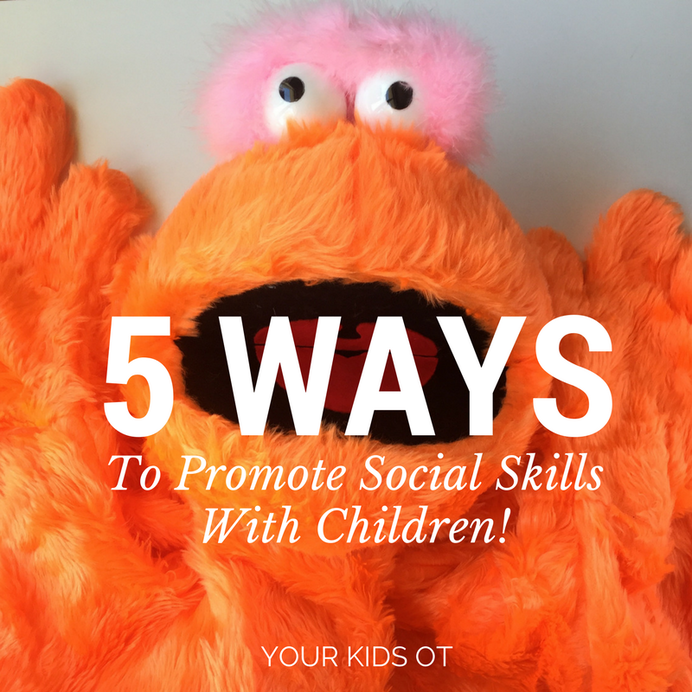
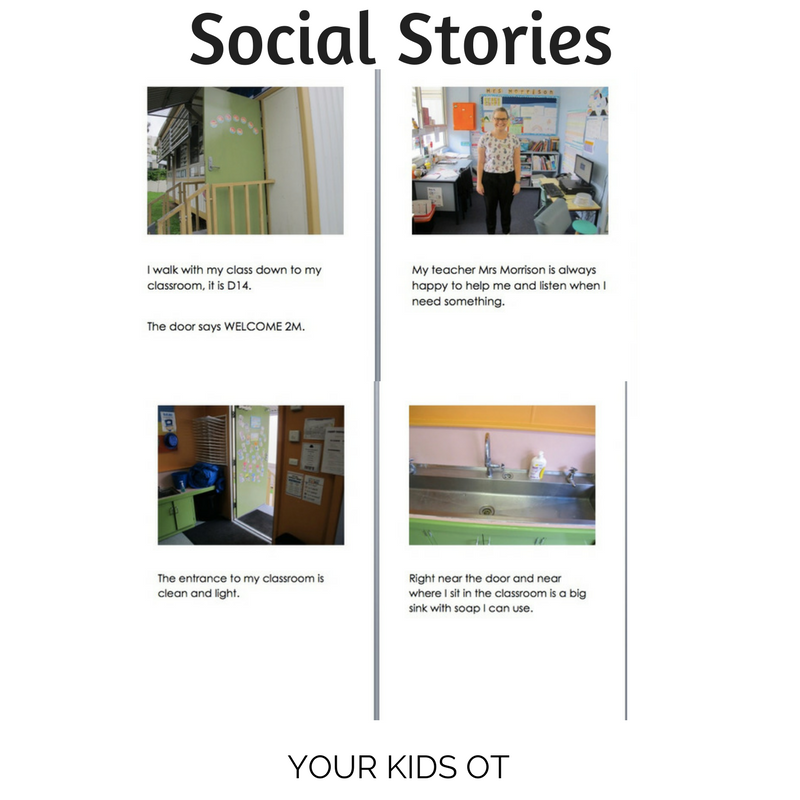
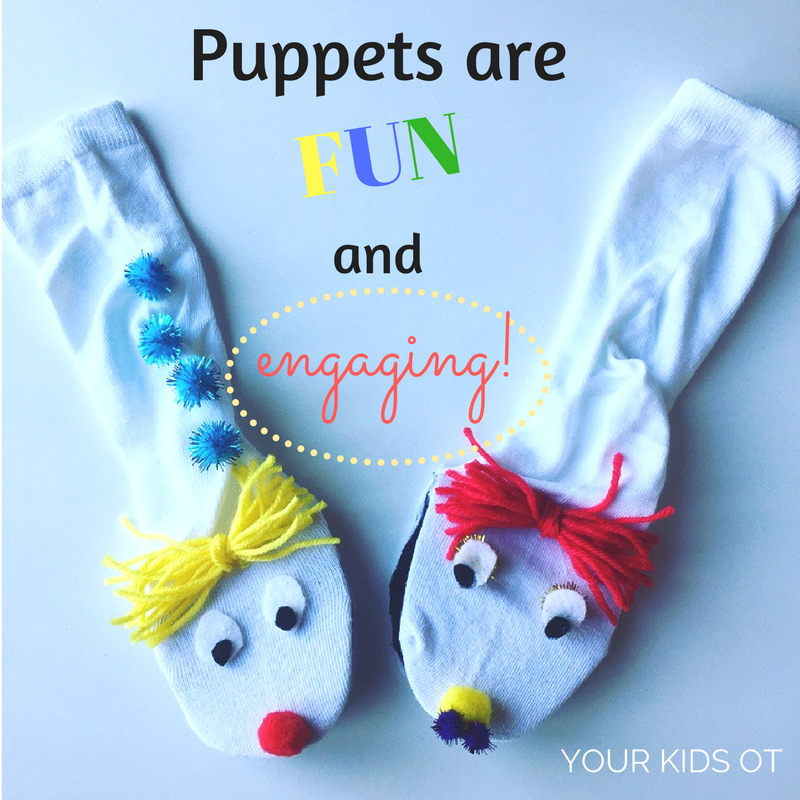
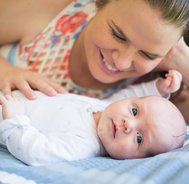
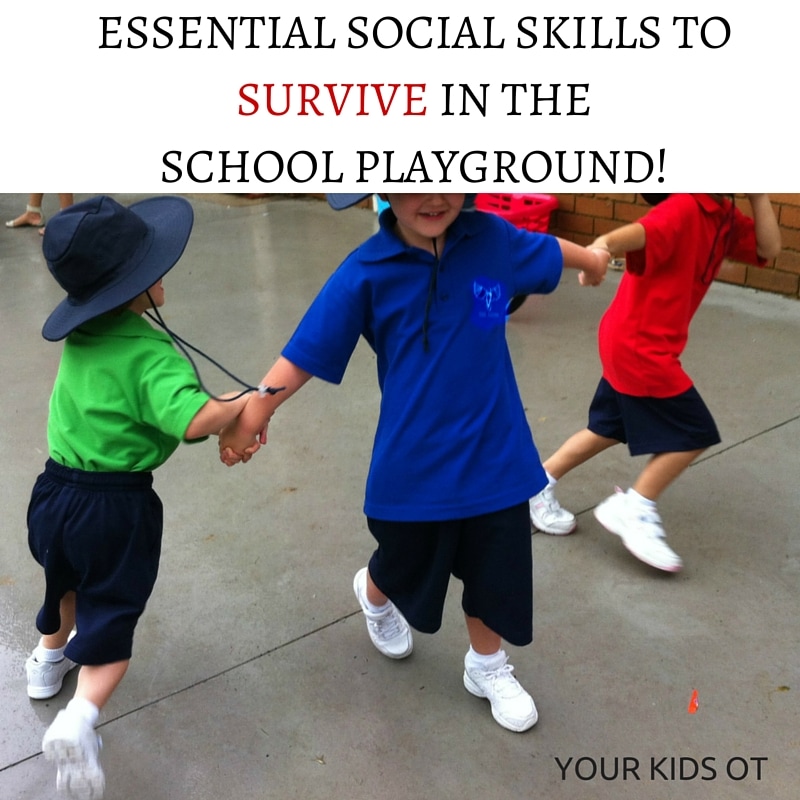
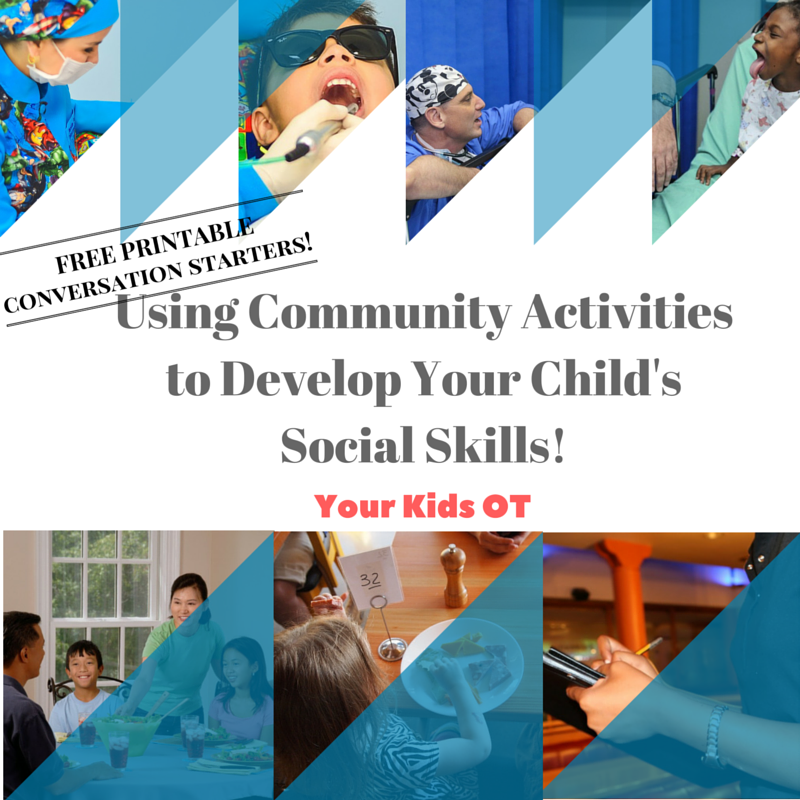
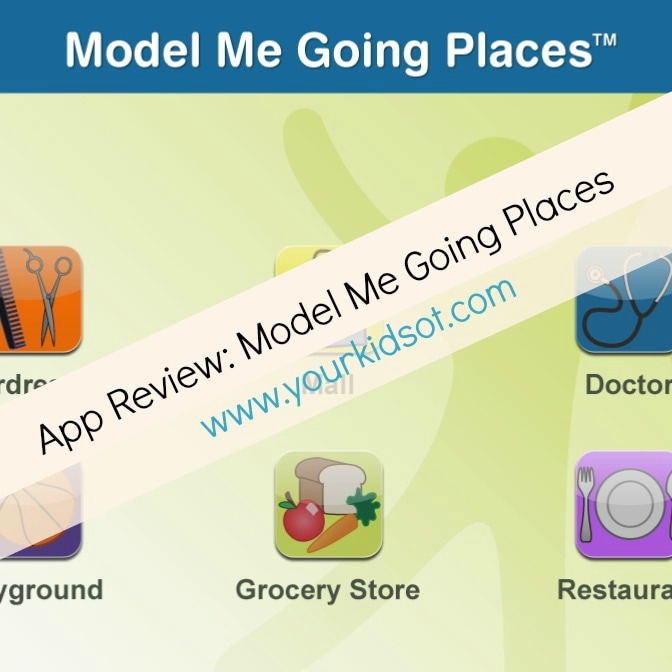
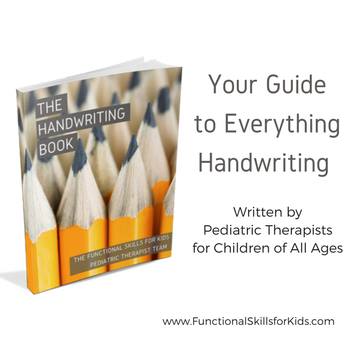
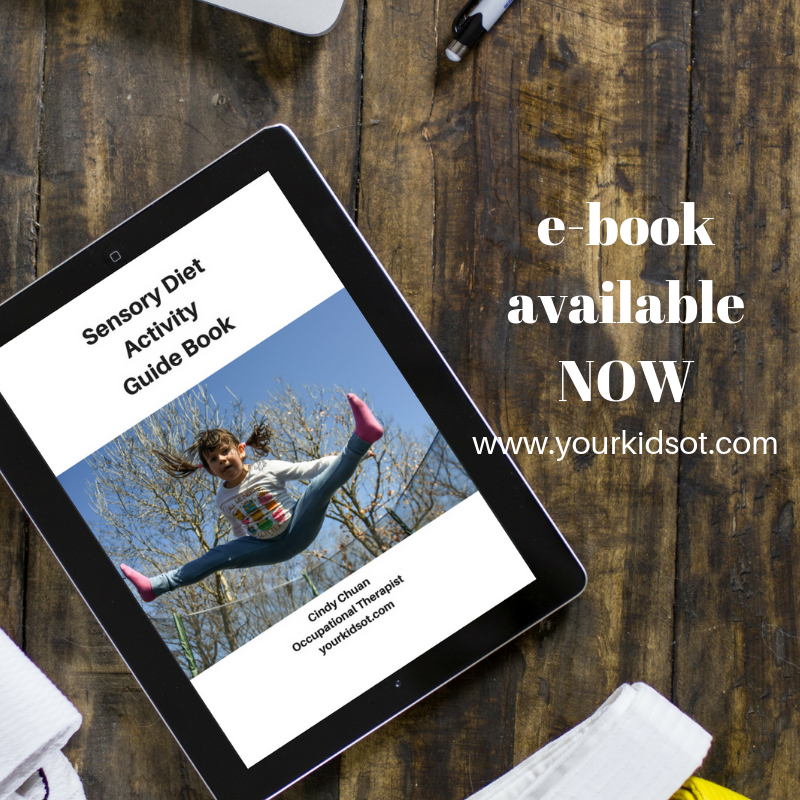
 RSS Feed
RSS Feed
